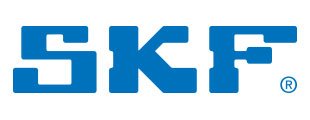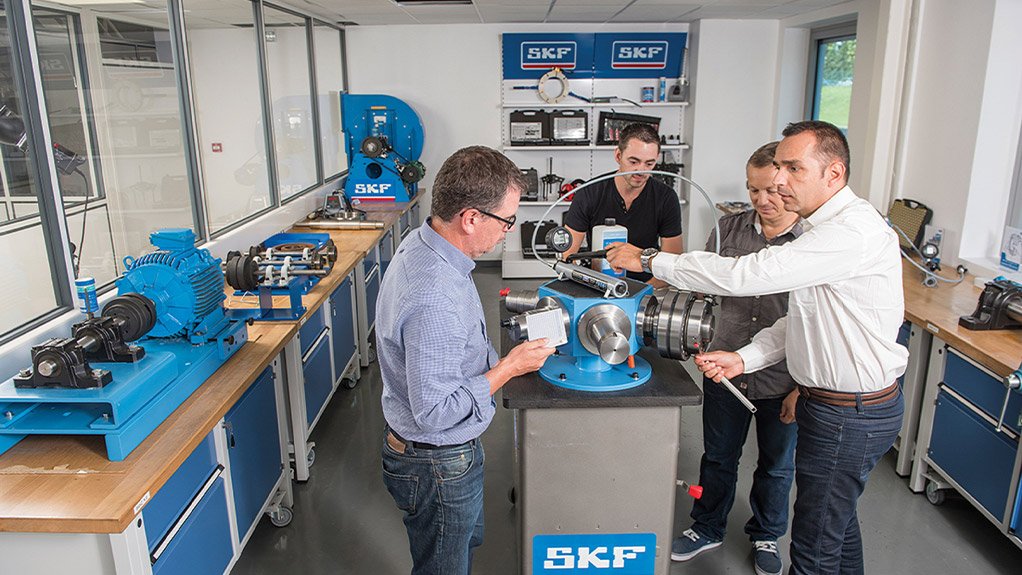It is a known fact that machine condition monitoring and early detection of problems can safeguard customers against critical machine failure, unplanned downtime and associated costs. In June 2019, SKF South Africa rolled out an in-depth ‘fundamentals of machine condition training solutions course’ to assist customers in bridging the knowledge gap surrounding the basics of their machinery condition.
“Customers across various industries are not always fully aware of the basics of machine condition based maintenance, especially when it comes to vibration,” states Gail Taylor, Business Development Manager: Training Solutions at SKF South Africa. “Understanding that this lack of knowledge can lead to costly breakdowns, loss of production and ultimately, profitability, we introduced our machine condition training course to SKF’s extensive training portfolio.”
The key objective of the two-day course is to give customers a practical approach on how to detect and analyse common machinery problems through the use of predictive monitoring techniques with a focus on vibration data collection and analysis. Carefully structured to provide participants with insight into the vital aspects of monitoring machines, the course is ideally suited to engineers and technicians whose responsibilities require them to be proficient in the set up and use of SKF’s condition monitoring system and tools. Other professionals such as maintenance supervisors, predictive maintenance coordinators, maintenance planners and reliability engineers for whom it is essential to be familiar with vibration monitoring and analysis also stand to benefit from the course.
Prerequisites for attending the course include vibration basics, shaft alignment basics and the introduction guide to vibration monitoring courses. Split into eight diverse subjects, the comprehensive course includes the basics of vibration, alarm methods and setting alarm limits, vibration signal processing methods and monitoring rolling bearings.
Delivered through an array of interactive learning platforms that include presentations, group exercises and written reviews, the course is strategically designed to peak participants’ interest, encourage understanding and maximum class participation.
“These various learning methods enable the participants to go beyond the typical textbook learning to interact with trainers and peers in order to gain a deeper understanding of the content,” explains Taylor.
Once participants have completed the training they will be able to comprehend the basics of their machinery, possess the starting tools to predict incipient machine failure as well as establish the necessary monitoring systems. With the aim of taking their machine maintenance knowledge to the next level, customers are strongly encouraged to complete further SKF courses such as vibration analysis. “It is rightly said that knowledge is power and so when customers feel confident in their tasks they are able to improve processes and contribute to profitability,” says Taylor.
Taylor explains that these courses add further value by giving SKF a deeper understanding of what customers require from products as well as their product preferences. SKF is able to source from its wide range of world-class products, the optimal solution to assist customers with their condition based monitoring strategy.
Whether it is through its state-of-the-art product and service suite or game changing training, SKF constantly strives to find new ways to assist customers to innovate their businesses. “Our best-in-class training courses are geared to assist customers to not only enhance their productivity levels but to also upskill their employees,” concludes Taylor.






